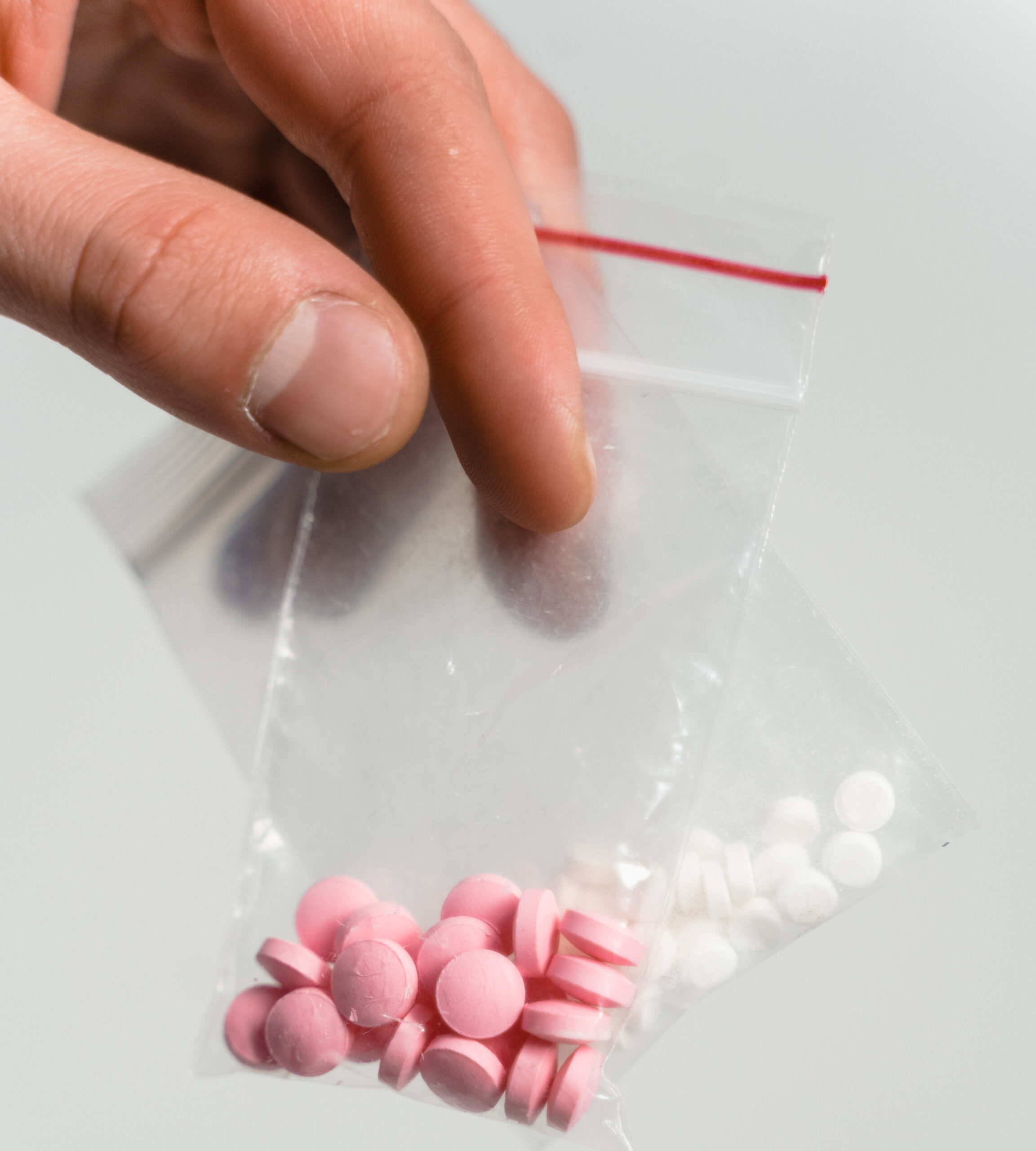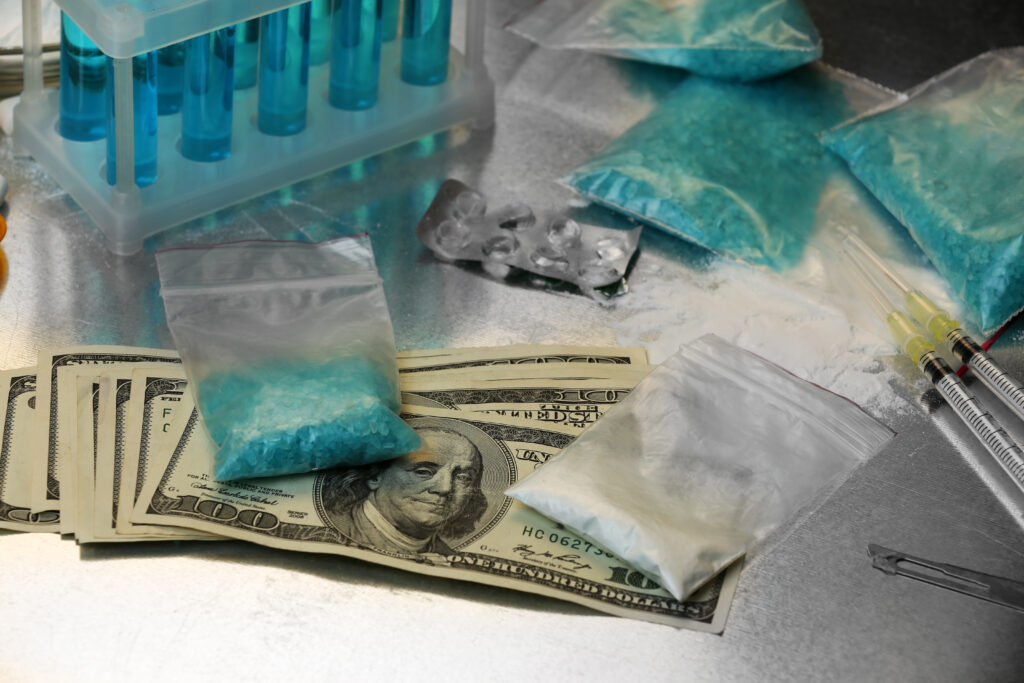President Joe Biden’s drug czar has declared that the use of fentanyl mixed with Xylazine, an animal tranquilizer known as “tranq,” has become an emerging threat across the United States. The use of this drug combination has been linked to a sharp increase in overdose deaths, and the government is required to develop a federal plan to address the crisis. This declaration by Dr. Rahul Gupta, the director of the Office of National Drug Control Policy, marks the first time a presidential administration has formally labeled an illicit drug an “emerging threat” and then required the federal government to take further action.
What is fentanyl mixed with Xylazine, and why is it a problem?
Fentanyl is a powerful synthetic opioid that is often mixed with other drugs to increase its potency. Xylazine is a veterinary sedative approved for use in animals, but not for human use.

When mixed with fentanyl and sold on the illicit drug market, it has caused a sharp increase in overdose deaths across the United States. Xylazine, which is not an opioid, cannot be counteracted by the opioid overdose antidote, naloxone, in case of an overdose.The spread of Xylazine-laced fentanyl has exacerbated the nationwide addiction crisis, ravaging communities and deepening the toll of addiction.
Why is this an emerging threat?
The federal government has reported that overdose deaths involving Xylazine have risen in every region of the country in recent years. From 2020 to 2021, Xylazine-linked deaths increased more than 1,000% in the South, 750% in the West, and more than 500% in the Midwest, according to a DEA report (DEA Report). The Centers for Disease Control and Prevention found that 66% of drug poisoning deaths in the United States involve synthetic opioids like fentanyl (CDC).
What actions will the federal government take?
The declaration by Dr. Gupta requires the Biden administration to develop a federal plan to address the crisis. The government must publish a response plan within 90 days and send implementation guidance to agencies within 120 days, among other actions. The federal government will be mindful that Xylazine has legitimate uses in the veterinary profession and the agriculture industry while working on a whole-of-government response.
What are the dangers of ingesting xylazine?
Xylazine is not approved for human use, and ingesting it can cause serious, life-threatening effects, according to the Food and Drug Administration (FDA). People who inject it can develop flesh wounds, including blackened, rotting tissue (known as necrosis), which, if untreated, may result in amputation, according to the Drug Enforcement Administration (DEA).

In conclusion, the use of fentanyl mixed with Xylazine is an emerging threat facing the United States that has caused a sharp increase in overdose deaths. The federal government is required to develop a response plan to address this crisis, which includes evidence-based prevention, treatment, and supply reduction. It is important for parents to be aware of the dangers of drug use and to educate their children about the risks involved.
The U.S. Department of the Treasury’s Office of Foreign Assets Control has designated six Sinaloa Cartel members and six Mexico-based entities involved in the illicit fentanyl and methamphetamine trade. This action is part of a whole-of-government effort to disrupt and dismantle the transnational criminal organizations that facilitate the illicit supply of fentanyl and other narcotics.
The designation includes freezing the assets of the cartel members and entities and prohibiting any U.S. persons from engaging in transactions with them. These measures can significantly hurt, stop, or slow down the cartels’ activities, ultimately disrupting the production and supply chain of illicit fentanyl and other drugs. “This is an impactful step toward hindering the cartels’ ability to make counterfeit pills laced with illicit fentanyl,” said Janice Celeste, the President & CEO of FentanylSolution.org. “There is still more than must be done. We can’t stop here.”

Also, by prohibiting anyone from the U.S. from engaging in transactions with the designated individuals and entities can severely restrict the cartels’ ability to do business with legitimate companies or financial institutions. This will limit their opportunities to launder money, transfer funds, or invest their profits, ultimately making it harder for them to import or export goods or services, such as equipment or raw materials.
“This is an impactful step toward hindering the cartels’ ability to make counterfeit pills laced with illicit fentanyl,” said Janice Celeste, the President & CEO of FentanylSolution.org. “There is still more that has to be done. We can’t stop here.”
Furthermore, the reputational damage from the designation can make it harder for the designated individuals and entities to establish alliances with other criminal groups or bribe officials. It can also signal to other criminal actors that they are not immune to U.S. law enforcement actions and that their illicit activities will not be tolerated.
The United States government has declared a commitment to disrupting the global production and supply chain of illicit fentanyl, including denying criminal actors who engage in this activity access to the international financial system. The OFAC’s designation of the six Sinaloa Cartel members and six Mexico-based entities is a significant step towards achieving this goal and sends a clear message that the U.S. government is prepared to take action to dismantle the production and supply chain of illicit drugs, ultimately reducing the harm caused by these drugs.
